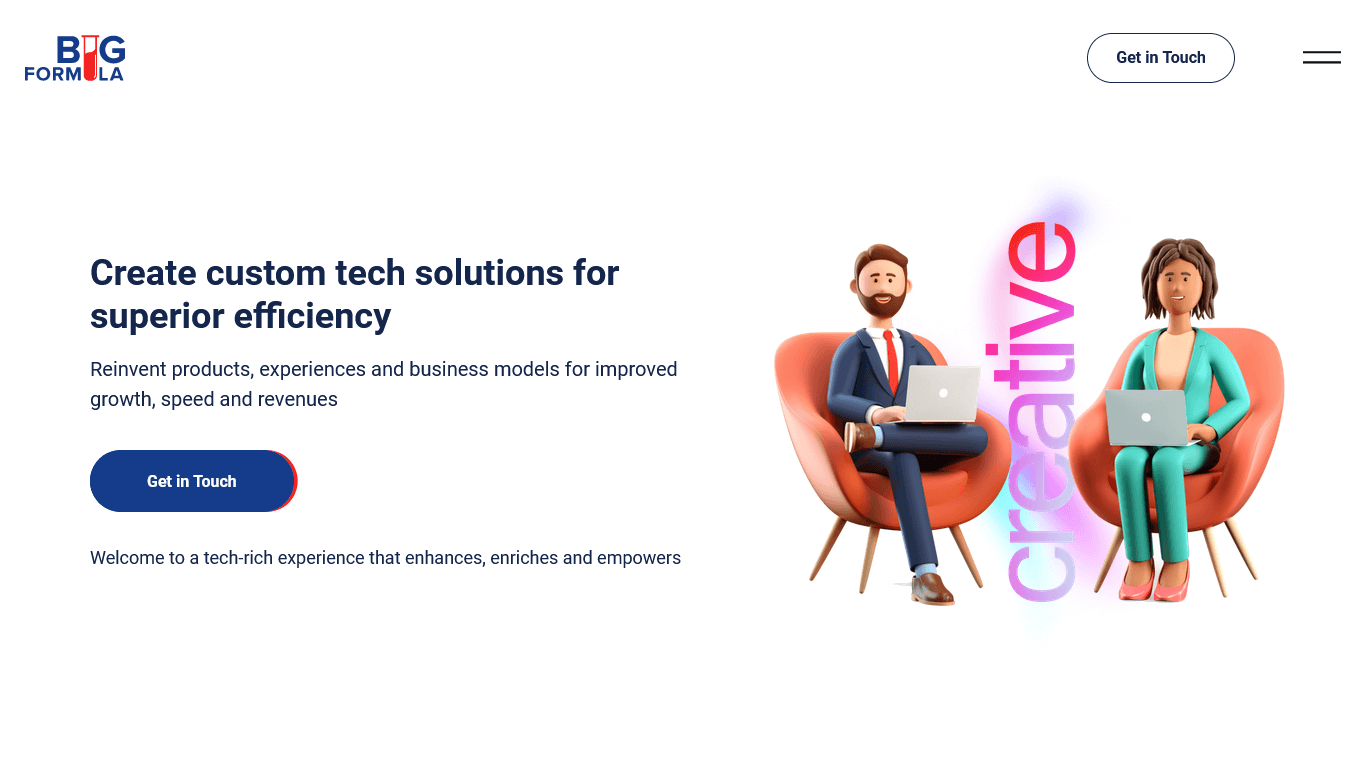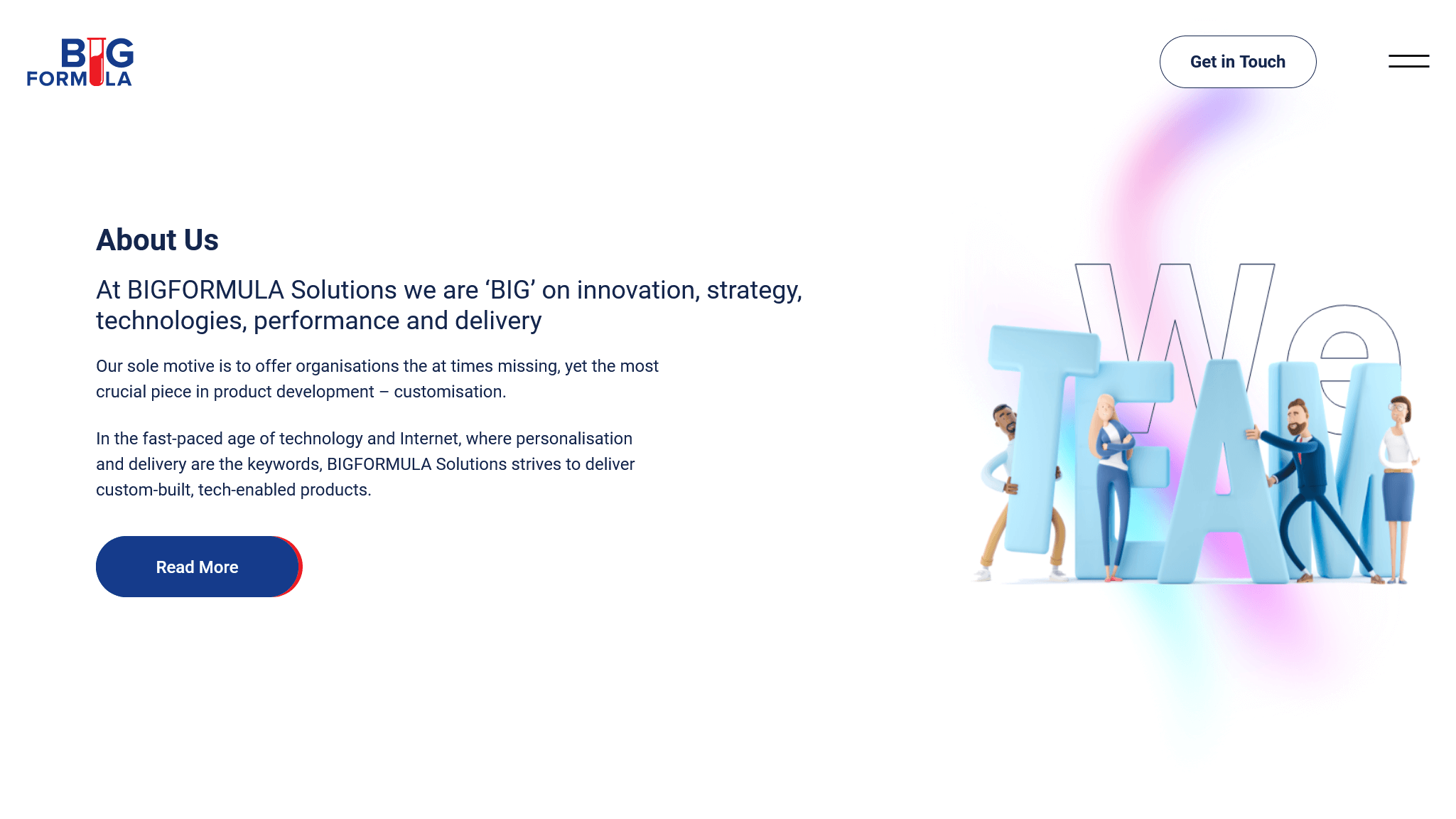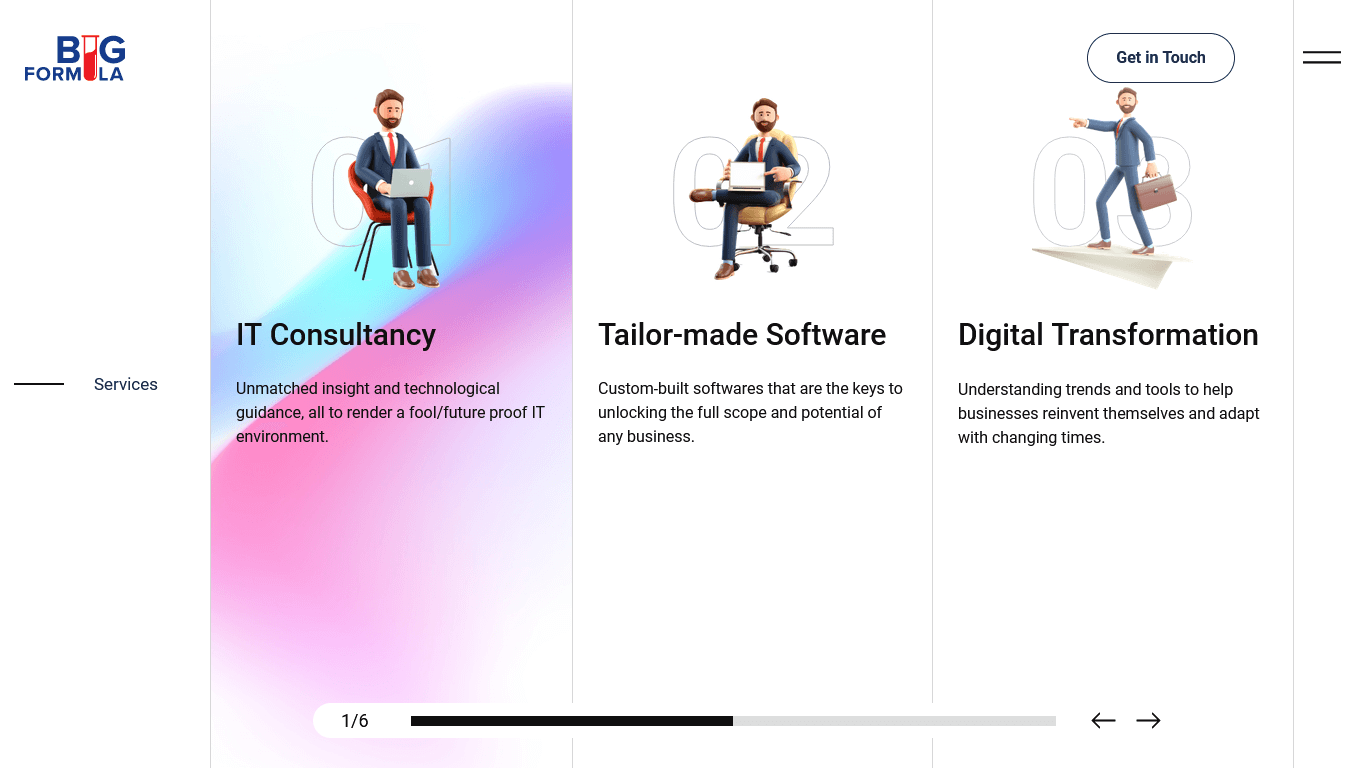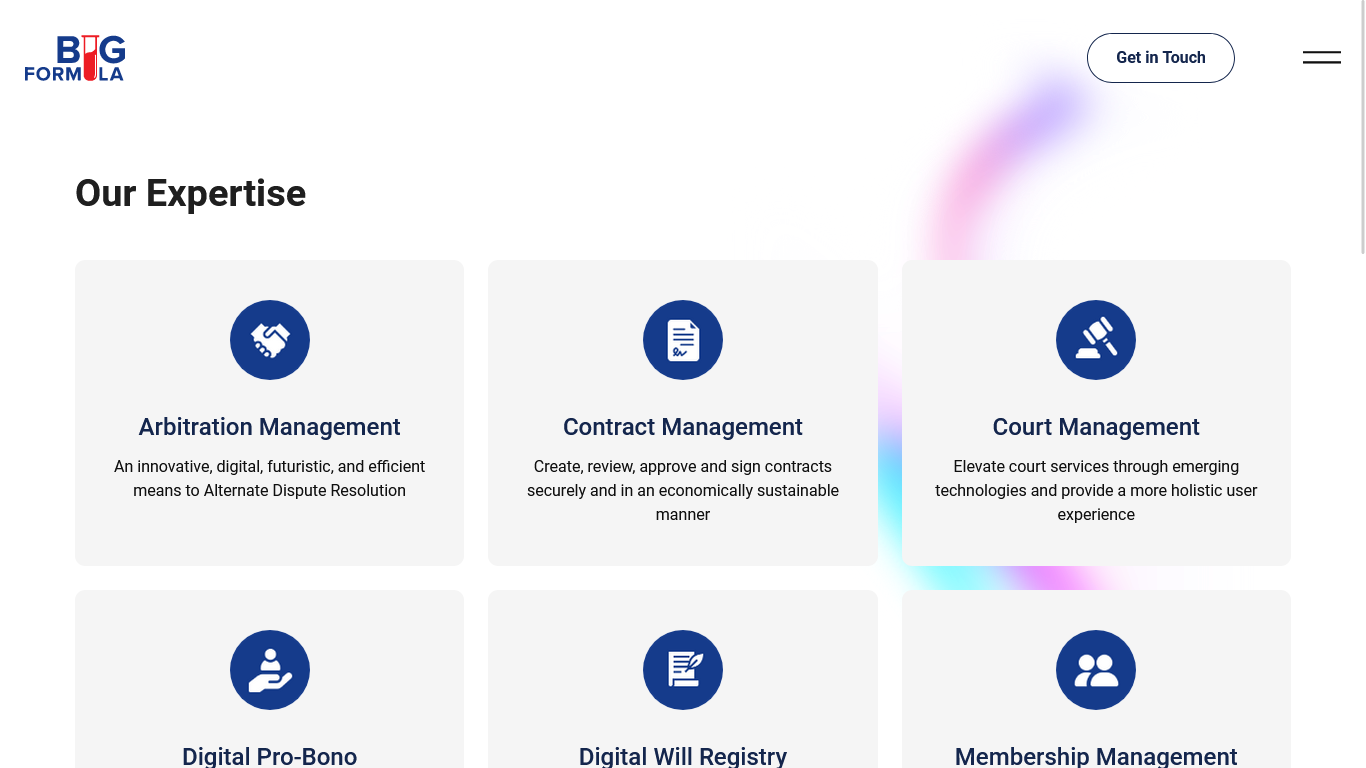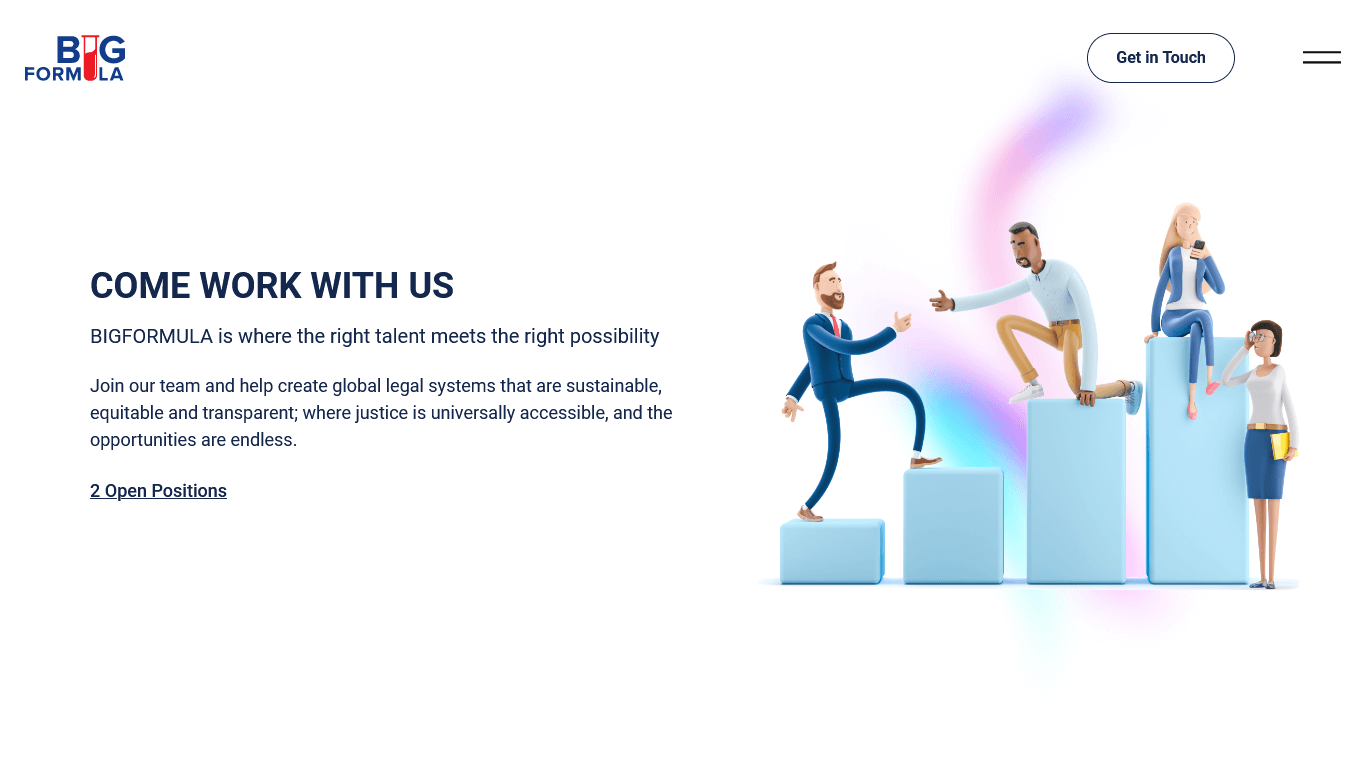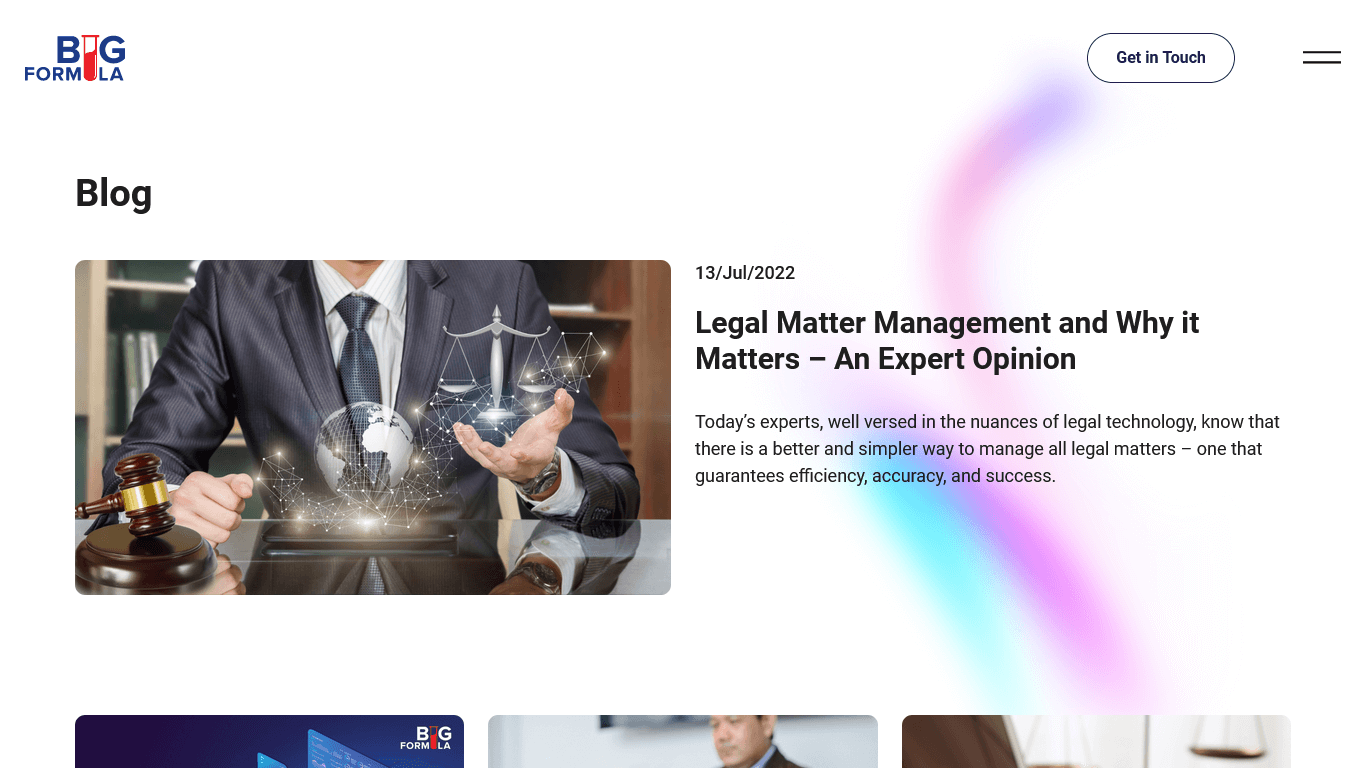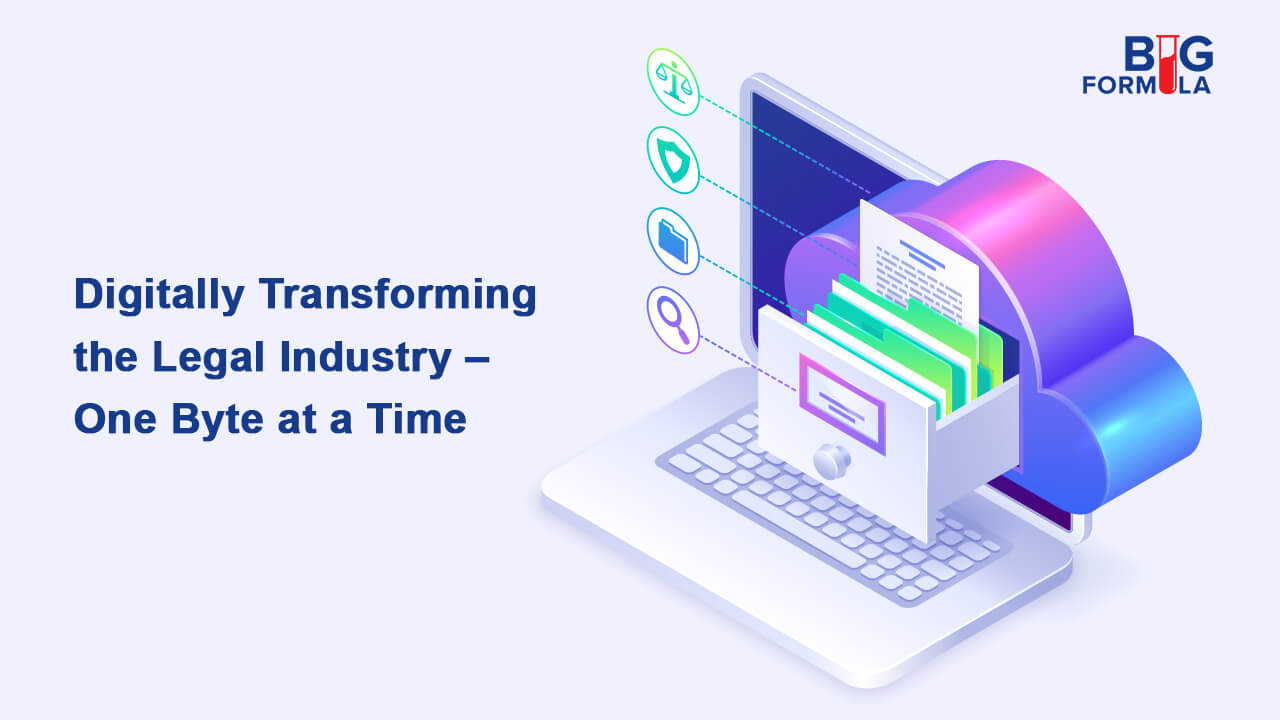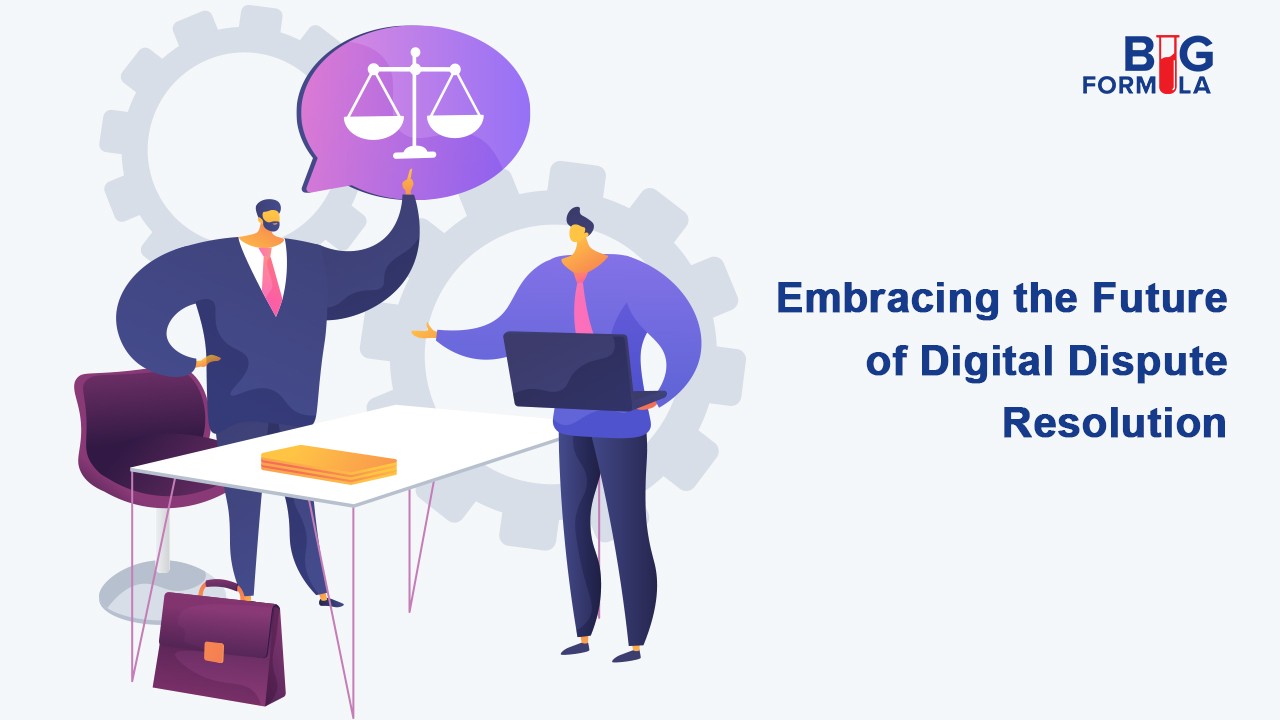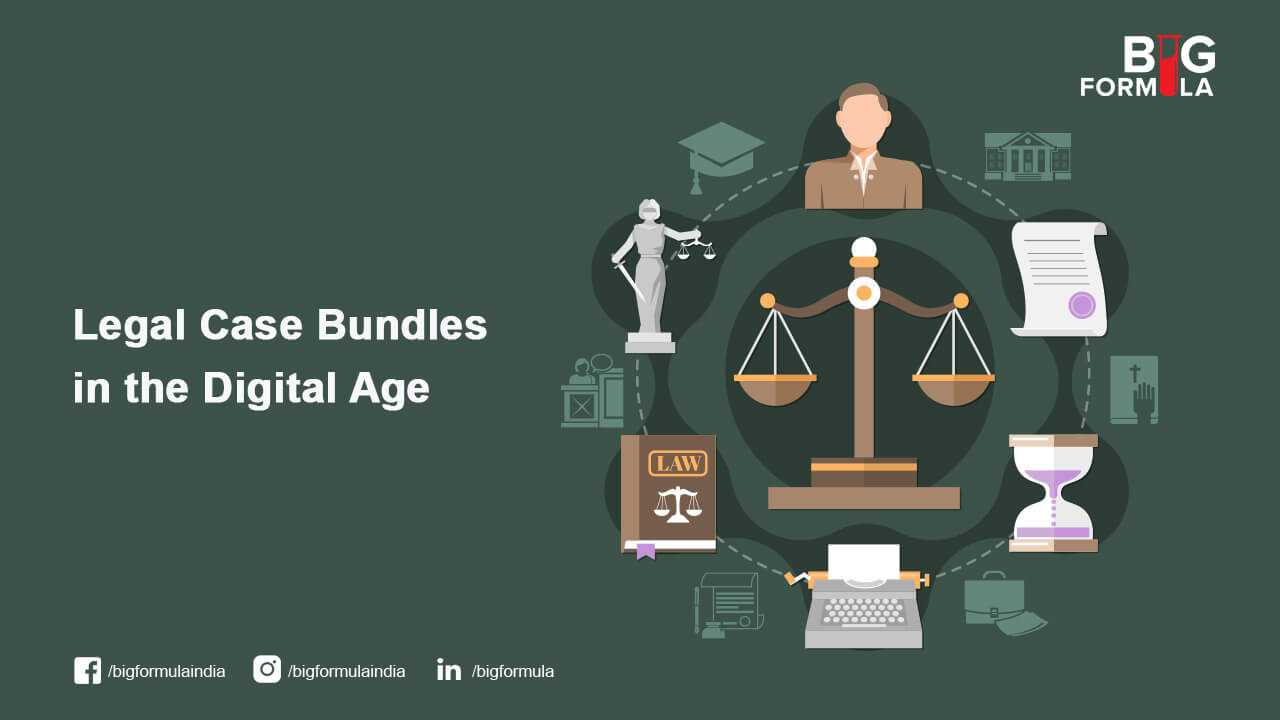Legal Innovation Unleashed: How Generative AI is Reshaping the Future of Law
In recent years, the legal industry has been undergoing massive technological transformations driven by advancements in AI; and the concept of generative AI has now changed the entire ball game.
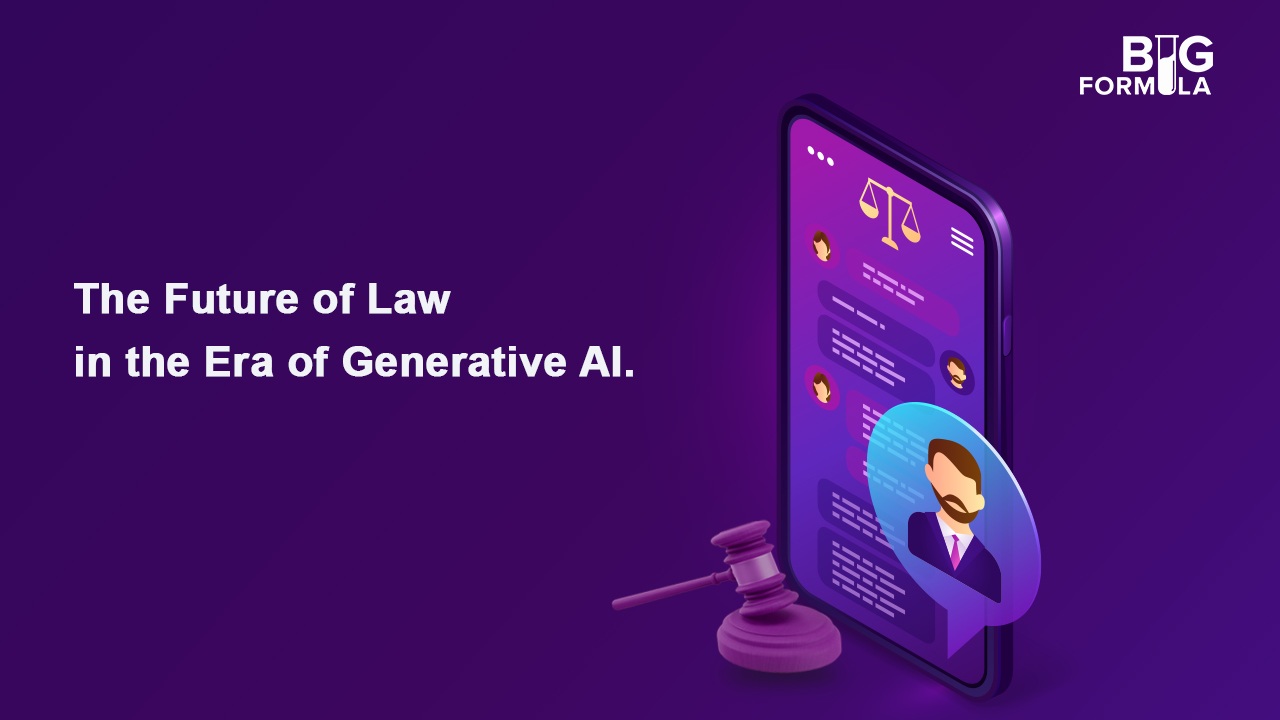
There have been several pivotal moments in human history – moments that have altered, perhaps, irrevocably the trajectory of civilisations and the quality of human life on the planet. Man discovered fire, and Paleo is now merely a dieting fad. Man, invented tools, and here we are contemplating future trips to space! Man, formulated rules and laws and established elaborate legal systems, today, advancements in legal and justice technology have made it so that legal services are easily accessible to anyone in need. Every era, every generation has witnessed specific milestones that have indisputably shaped our collective pasts, presents and futures. Our current generation has just in the last few years, surpassed the collective technological achievements of centuries and managed to outsource human thought, intent, intelligence, and capacity to machines! We are of course talking about the two letters that have dominated public discourse lately- AI.
The Age of Generative AI
There is no doubt that 2023 has been the year of AI or Artificial Intelligence. Sure, scientists have been mulling over the concept since 1950s; and the idea of mimicking human intelligence through technology was conceived much ahead of its time, but it took the surprise launch of ChatGPT in late 2022 to bring the public attention back to the idea – and boy, did it bring it back with a vengeance! ChatGPT or Chat Generative Pre-trained Transformer, is a large language model-based chatbot developed by OpenAI – the first of its kind that enables users to conduct and steer conversations of desired length, style, level of detail or language! Generative AI is a subset of AI that focuses on creating new content, data, or information based on patterns and existing data. To say that the platform’s level of accuracy and ease took the world up by storm would be an understatement. Within just 2 months of its launch, ChatGPT acquired over 100 million users and many tech giants were rushing to incorporate the same or similar functionalities within their search engines.
Generative AI-in-Law
The legal industry of course was not immune to this global phenomenon. In recent years, the legal industry has been undergoing massive technological transformations driven by advancements in AI; and the concept of generative AI has now changed the entire ball game. In the legal sector, generative AI holds tremendous potential to reshape how legal professionals work, improving efficiency, accuracy, and accessibility.
Current Role of Generative AI in Law
Breakthroughs like deep learning, natural language processing, and reinforcement learning have propelled AI into various applications; and within the legal industry, the transformation has manifested itself within the processes that govern it. Some of the key instances where generative AI has left an indelible mark include:
- Document Generation: Document production is one of the most practical uses of generative AI in the field of law. Drafting contracts, agreements, and other legal papers takes a lot of work from legal specialists. By examining current templates and customising them to certain situations, generative AI can automate the production of these papers. This decreases the possibility of mistakes while also saving time.
- Legal Research: Legal research is essential to the practice of law, but it can take a lot of time and effort. Massive volumes of legislation, case law, and legal documents may be swiftly combed through by technologies driven by generative AI. This helps solicitors create more compelling arguments and provide clients better guidance.
- Predictive Analytics: Seeming fantastical, generative AI can analyse past legal data and predict case outcomes and legal trends. This aids legal professionals in making intelligent, data-driven choices about litigation strategy, settlement discussions, and potential dangers. Additionally, it gives clients the capacity to grasp more clearly the potential results of their legal cases.
Future Implications of Generative AI in Law
Advancements in AI have been both astonishing and rapid – so much so that many are still struggling to keep up with the pace. But keep up they shall, for it now seems inevitable that the future will be one shaped by the prowess of Ai, especially generative AI. Experts have already predicted that in the future, key transformations will be witnessed in:
- Legal Document Review: Reviewing legal paperwork is important, but it frequently includes tedious duties like locating pertinent clauses or redacting sensitive information. By automating the data collection process and spotting potential weaknesses in contracts, generative AI might speed this procedure and help legal teams save valuable time and resources.
- Customised Legal Advice: Generative AI enables attorneys to provide more accurate and individualised legal counsel. AI-powered tools can offer specialised advice by examining a client’s particular scenario and contrasting it with relevant legislation and case law, assisting clients in making well-informed choices.
- Better Due Diligence: Due diligence is crucial in complicated situations like mergers and acquisitions. Lawyers may concentrate on important concerns and potential liabilities by using generative AI to thoroughly evaluate papers and swiftly identify potential liabilities.
- Better Contract Management: For companies and legal firms, managing many contracts is a regular difficulty. To keep organisations legally sound in the future, generative AI could assist with contract compliance analysis, risk identification, and deadline tracking.
- Natural Language Processing (NLP): One of the key advantages of generative AI is its ability to understand, process and interpret human language cues. By enabling effective communication between attorneys, clients, and even legal chatbots, this technology can potentially improve the responsiveness and accessibility of legal services.
Challenges and Ethical Considerations
From the wheel and the assembly line to splitting atoms, computers, the Internet and smartphones, the journey of human technological innovation is one wrought with fierce debate, doubt, trepidation, and a healthy dose of objection. And so, it is only fitting that the latest technology innovation that is on the precipice to changing our lives forever be held to the same standard of scrutiny.
While the potential benefits of generative AI in the legal sector are promising, there are challenges and ethical considerations that must be addressed. With questions of creativity and free will still looming large, the journey of generative AI so far has been marred by lawsuits and allegations of plagiarism. Add to it the concerns of quality control, data privacy, security, bias, and oversight, and we have a virtual landmine, waiting to explode onto itself when least expected. It is important to remember that while AI can assist, certain legal decisions and tasks require human judgement and interpretation. Countries across the globe are already busy drafting rules and laws that will regulate the use of generative AI, particularly in academia and law, where the consequences are enormous. Time and again, users are being advised caution while prompting cues to AI-driven platforms and chatbots.
At BIGFORMULA Solutions
Never one to be sidelined, at BIGFORMULA, we too have been preoccupied with generative AI and the many ways it could ease and enhance the workflows and processes for our clients. From simple automated help desks that can negotiate common customer concerns to complex programmes that deliver self-drafted documents, we have been rigorously experimenting with generative AI and cautiously rolling out successful solutions where they fit. But most importantly, our key accomplishment with generative AI has been with understanding the importance of striking the balance between automation and human insight and the nuanced ways in which one can enhance the other.
Conclusion
With advancements in the field happening daily, the future of generative AI and its effects on the legal industry is still anyone’s best guess. The applications of generative AI in law are numerous and extensive. However, adopting this technology necessitates having a thorough grasp of its potential, constraints, and ethical implications. But the consensus has been that the legal industry will witness major transformations in the coming years, and legal practitioners that take advantage of generative AI’s potential stand to gain a competitive edge in a world that is becoming increasingly tech driven.
Wondering how you can leverage generative AI to enhance your processes? Discuss your needs and goals with BIGFORMULA.
Reach out to us and schedule a Free Legal Tech Consultation

